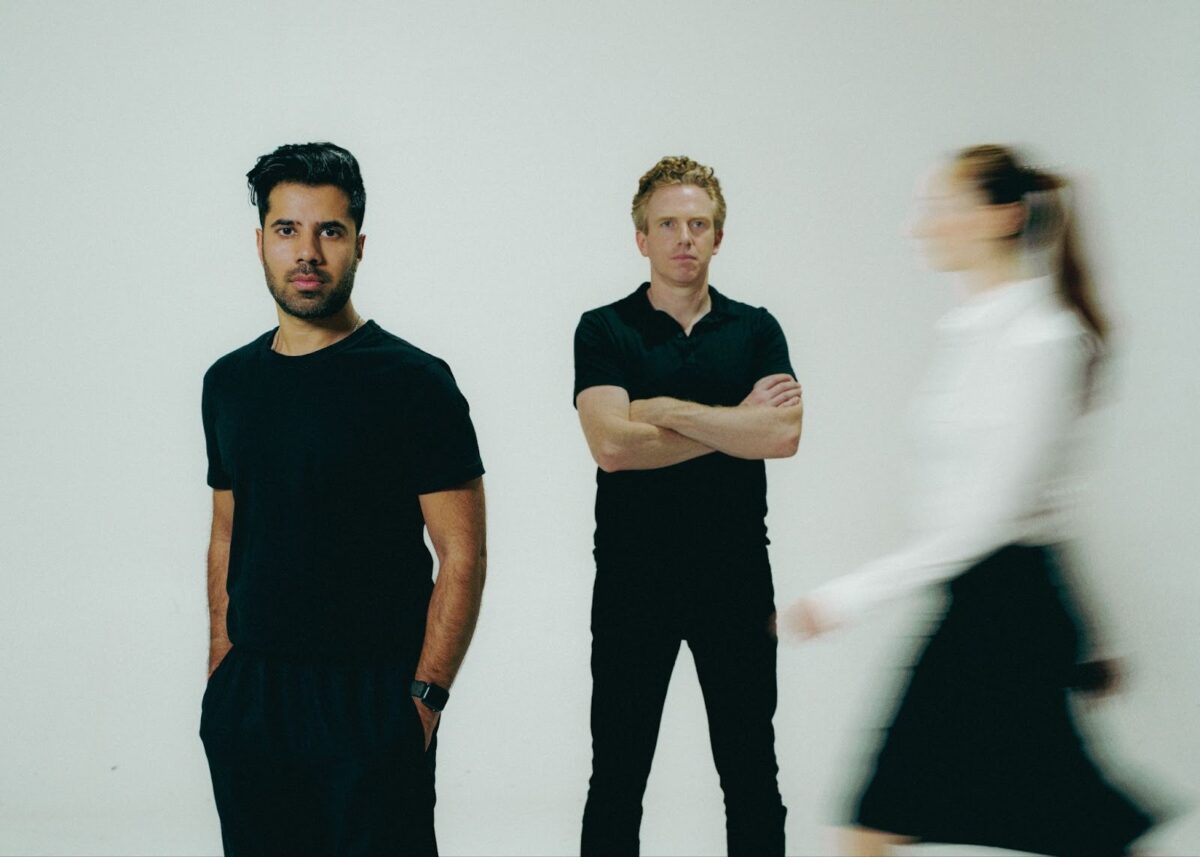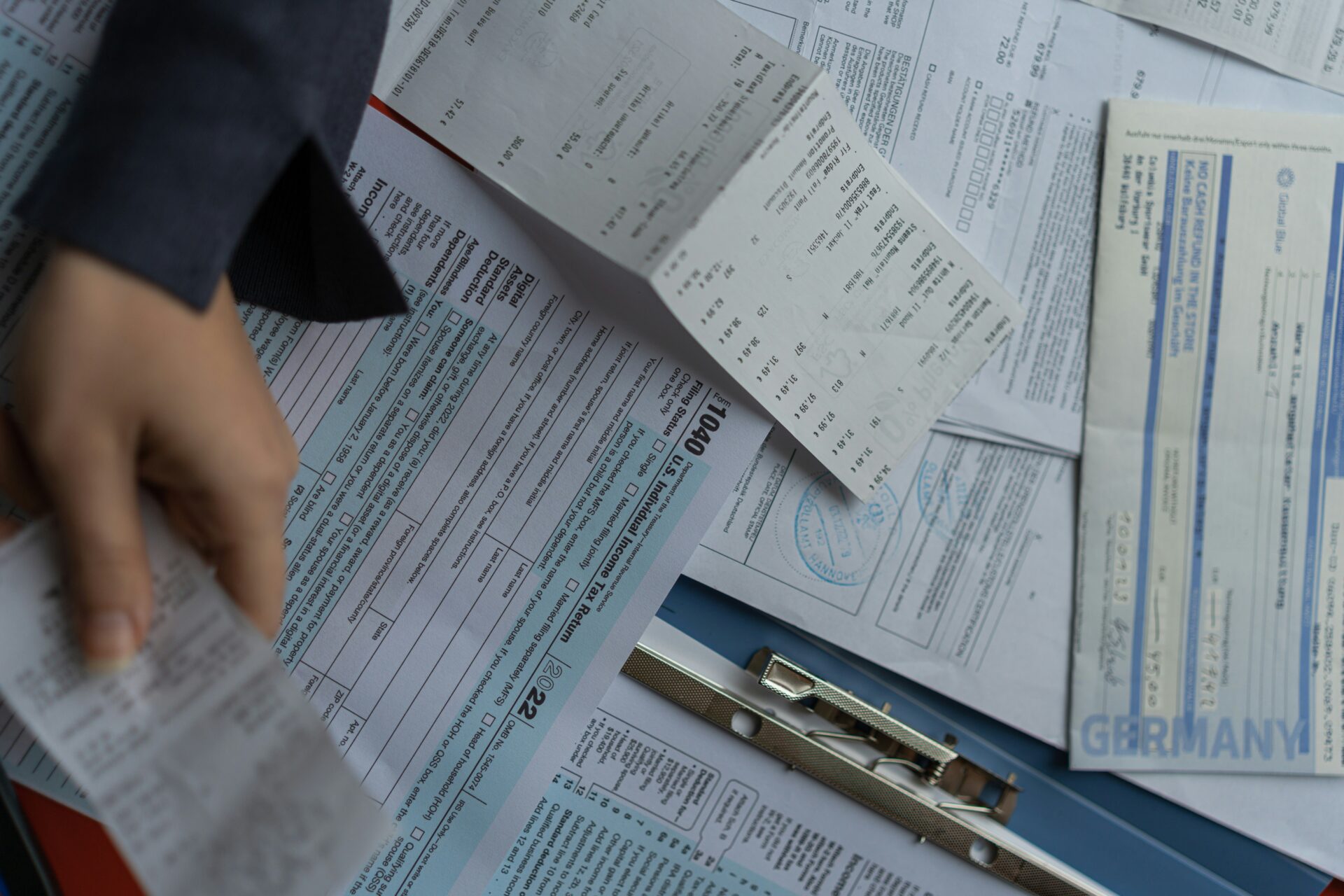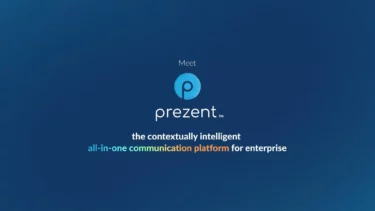The IRS just confirmed that Direct File — the agency’s short-lived attempt to offer a fast, free, government-run filing option — will not return for the 2026 season, reducing government options for tax filers. Meanwhile, the CPA workforce is shrinking, widening the gap between what taxpayers need and what the system can deliver. That creates both a problem for consumers, and an opening for new AI-native solutions.
Aiming to fill this gap is Deduction, a New York-based startup which today announced that it has emerged from stealth with $2.8 million in pre-seed funding to scale “Taylor, CPAI,” the first AI tax accountant built for U.S. consumers.
The round was led by One Way Ventures and Creator Ventures, with participation from Alpine VC, Intuition, Charley Moore, founder of Rocket Lawyer, and angels from OpenAI and Robinhood.
The startup has a bold pitch: an autonomous AI tax accountant for everyday Americans, backed by human CPAs, that aims to bring white-glove accounting to the masses.
The company’s agent, Taylor, CPAI, acts as a personal tax professional available year-round through text, chat, email, or even a phone call; no portal logins, PDFs, or clunky software required. Under the hood, Taylor handles document collection, proactive planning, calculations, and filings while real CPAs review anything high-impact. Deduction frames the product as the first consumer-focused “agentic AI” tax service, with filings already completed ahead of the 2026 tax season.
Why an AI accountant now? Because the human ones are disappearing
The timing isn’t coincidental. The accounting profession is staring down a workforce crisis: three in four CPAs are approaching retirement age, while enrollment in accounting programs keeps shrinking. For consumers, that shortage has translated into higher prices, weeks-long delays, and a growing reliance on overworked professionals.
The result? Americans routinely pay $1,000 to $10,000 to file complex returns — a cost that’s increasingly out of step with the expectations of digital-native taxpayers.
Deduction’s founders, Sai Dhanak and Jonathan Kieliszak, see the crisis as an opportunity for innovation and revolution. Dhanak grew up in the U.K., where tax filing is largely automated, and relatively accessible to most. Meanwhile, Kieliszak watched firsthand how burnout and slow tech adoption have throttled U.S. tax firms.
“Most AI tax tools are B2B, and focus on software for accountants and increasing margins,” said Sai Dhanak, co-founder and CEO of Deduction. “We built Deduction to radically improve the end-customer experience. With Taylor, CPAI, anyone can have a personal accountant, without the wait, the paperwork, or the high expense.”
AI agents go consumer-facing — with humans still in the loop
Unlike emerging AI tax software aimed at professionals, Deduction positions Taylor as a true user-friendly product — an “AI accountant” tailored to the messy, context-dependent reality of consumer finances.
Users can message Taylor directly for financial questions, deductions, document retrieval, or full-service filings, with every return and high-impact decision reviewed by a licensed CPA and backed by Deduction’s 100% accuracy guarantee. The company argues that this hybrid model is designed to solve the core issue holding consumers back from financial AI: trust.
And with millennials and Gen Z already accustomed to AI-driven tools such as ChatGPT, Deduction is betting that reliable guardrails and human oversight will make an AI accountant feel not just acceptable, but expected — a bet that seems to be paying off as the service gains early traction among young professionals, tech employees, and sole proprietors.
“This is a no-brainer for anyone who doesn’t want to be taxed twice, but actually save time and resources,” says Semyon Dukach, Founding Partner at One Way Ventures. “Sai and Jonathan really honed in on an area that desperately needed to be made more accessible for consumers, and managed to bring the ease and UX of a modern AI app to something as legacy as taxes.”
“This is a simple demand and supply problem. There is huge demand for white-glove tax prep, and simply not enough people to deliver a high-quality full-solution for consumers. Sai and Jonathan have created the tax firm of the future at the intersection of great service and AI.”
A sign of what AI-native fintech will look like
The launch fits a broader trend: AI agents moving into specialized professional services, from legal research to customer support to compliance. Taxes, however, remain a particularly high-stakes domain, where errors can lead to audits, penalties, and serious financial fallout — leaving almost no room for AI hallucinations or poorly verified advice.
In fields like law and accounting, professional-grade agentic systems differ sharply from consumer chatbots. They rely on vetted, domain-specific data, structured workflows, and rigorous verification layers designed to deliver the level of accuracy these sectors require, rather than prioritizing conversational ease. This typically includes transparent multi-agent processes, integration with authoritative databases, and reasoning frameworks tailored to complex, rule-bound domains. As a result, professionals evaluating legal or financial AI are advised to avoid tools that obscure workflow steps, lack human oversight points, or cannot connect to official data sources — gaps that can undermine trust and reliability instead of augmenting expert judgment.

“The big consumer AI tools largely cater to users with very generalized tasks and needs,” said Jonathan Kieliszak, Co-Founder and CTO. “But a great accountant is highly specialized, refined, and experienced, which is why Taylor is built alongside our human CPA team with specific guardrails and information sources to deliver trustworthy tax support.”
What Deduction offers
According to the company, Taylor, CPAI handles the full process of tax filing—from generating compliant federal and state returns to filing them electronically—while continuously scanning for deductions, credits, and overlooked savings throughout the year.
The agent can answer financial questions on demand, pull documents like W-2s, 1099s, receipts, and student loan records, and read everything from spreadsheets to miscellaneous PDFs.
It also tracks high-impact events such as stock option exercises and required minimum distributions, calculates taxes down to the dollar, and stores sensitive materials in a secure digital vault.
All major decisions and every return are reviewed by Deduction’s human CPAs, backed by a 100% guarantee against interest and penalties, and offered at a transparent price that the company says undercuts traditional firms.
The broader question: Will consumers trust an AI with their taxes?
If Deduction succeeds, it could pressure incumbents — from TurboTax to independent CPA firms — to accelerate their shift toward AI-native services. If it falls short, it will reveal the precise limits of what consumers are willing to entrust to automation over certified human expertise. Either way, Taylor, CPAI signals a turning point: AI agents are moving beyond simple Q&A and beginning to assume responsibilities once reserved for licensed professionals.
As AI systems take on similar roles in legal practice, they bring a parallel wave of ethical and regulatory questions. Safeguarding client confidentiality, ensuring data security, maintaining attorney accountability, and addressing biases embedded in training data all require careful oversight.
For Deduction, Taylor CPAI, the goal is not to replace human judgment, but to integrate AI in ways that reinforce ethical standards and strengthen professional decision-making.
While AI can streamline routine, structured tasks, it cannot substitute the nuance, empathy, and strategic reasoning that define skilled work. The most effective implementations adopt a collaborative model: AI handles repetitive workflows, freeing professionals to focus on complex analysis, client relationships, negotiation, and advocacy — the areas where human insight remains indispensable, especially regarding user experience.

Deduction’s founders, Sai Dhanak and Jonathan Kieliszak












